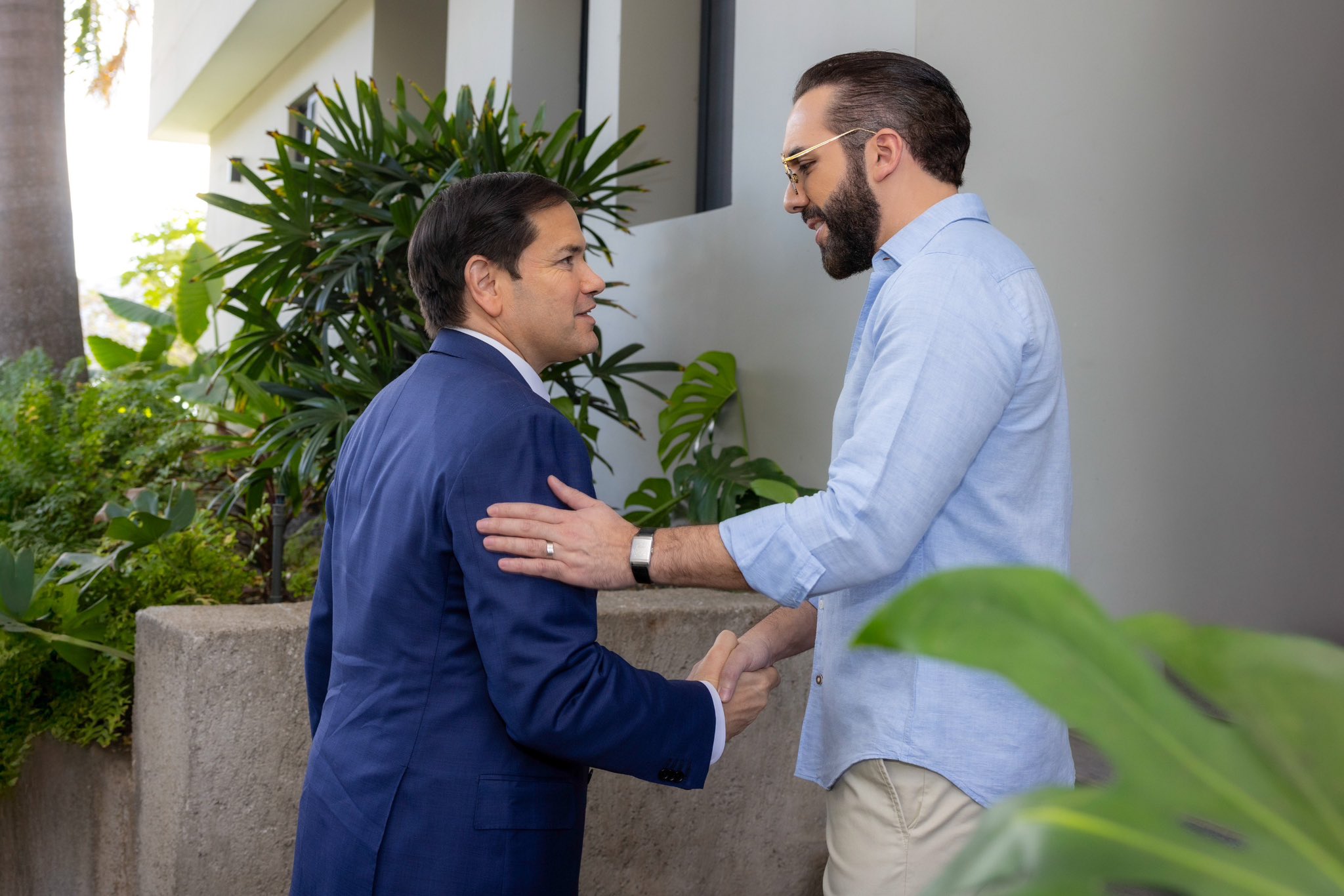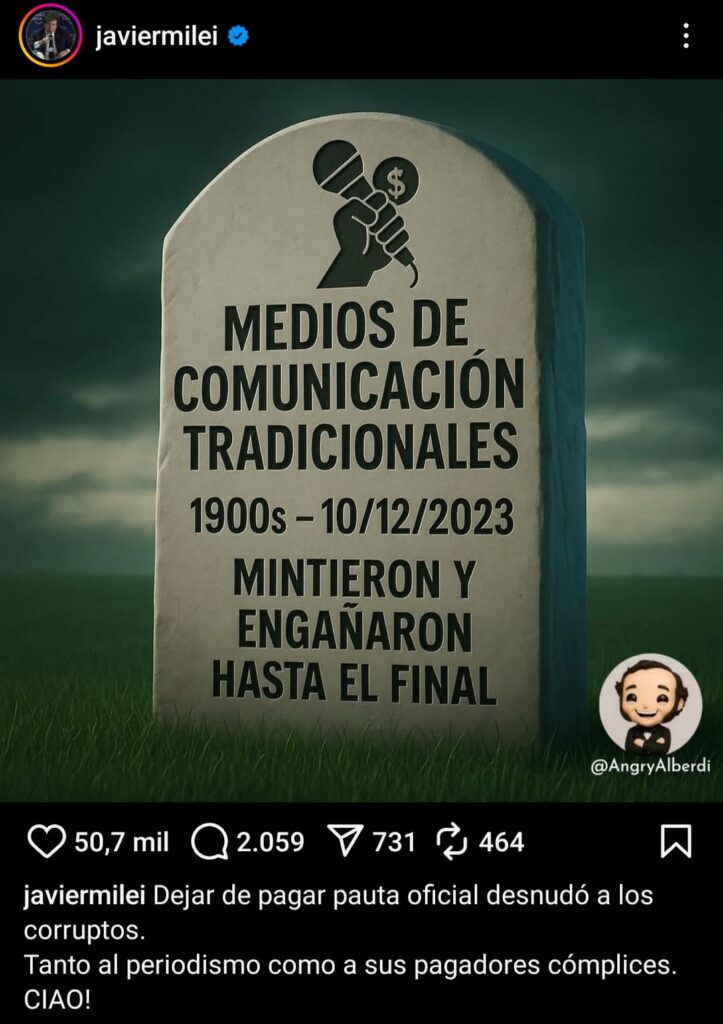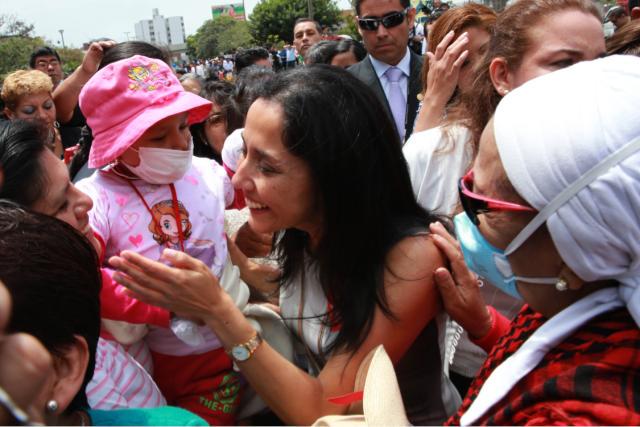United States Secretary of State Marco Rubio assured El Salvador’s President Nayib Bukele that he would dismantle protection agreements granted to witnesses cooperating with U.S. law enforcement. These individuals were prepared to testify about a deal between Salvadoran officials and the MS-13 gang — an arrangement aimed at reducing homicide rates and securing electoral advantages for Bukele.
The investigation by The Washington Post has brought to light that Rubio made this promise to Bukele during a phone conversation on March 13, 2025. This call took place just days before the Trump administration started sending Venezuelan nationals, detained in U.S. immigration raids, to El Salvador’s Center for the Confinement of Terrorism (CECOT).
It’s worth recalling that as far back as February 4, 2025, it became known that Bukele had already pitched the CECOT to Rubio. This offer coincided with the Secretary of State’s tour of the Central American region.
“We are willing to accept only convicted criminals (including convicted U.S. citizens) into our mega-prison (CECOT) in exchange for a fee,” Bukele stated from his official X account, referring to the prison he inaugurated two years ago for alleged members of the MS-13 and Barrio 18, the two most powerful gangs in the region.
We have offered the United States of America the opportunity to outsource part of its prison system.
— Nayib Bukele (@nayibbukele) February 4, 2025
We are willing to take in only convicted criminals (including convicted U.S. citizens) into our mega-prison (CECOT) in exchange for a fee.
The fee would be relatively low for… pic.twitter.com/HTNwtp35Aq
The call and the favor
During that call, Bukele specifically requested the repatriation of nine MS-13 gang members currently held in U.S. prisons. However, a significant complication stood in the way: some of these individuals are informants under protection agreements with the U.S. government, which has been investigating Bukele’s alleged pact with the gangs since Donald Trump’s first term.
Despite this, the top U.S. diplomat committed to ensuring that Attorney General Pam Bondi would terminate the deals the Department of Justice had struck with these gang members. These agreements were for their testimony in the then-ongoing U.S. investigation into Bukele’s dealings with the MS-13.
While international media reported last September that the Bukele government received a payment of $4.76 million for allowing the deportation of migrants to the CECOT, it now appears the Trump administration was also prepared to grant the Salvadoran leader’s other, more sensitive request.
The information about the $4.76 million payment, made in exchange for using the CECOT to imprison migrants accused of belonging to Venezuelan gang Tren de Aragua, was originally published by the non-profit organization Democracy Forward.
According to The Washington Post, Bukele’s objective in getting the gang leaders back onto Salvadoran soil was twofold: to maintain his “tough on crime” image and to prevent his administration from being accused of having cut deals with the gangs—a accusation historically leveled against governments of the Farabundo Martí National Liberation Front (FMLN).
To date, the Trump administration has only sent one gang member, César López Larios, aka “El Greñas,” back to El Salvador. He was accused of directing MS-13 operations on U.S. soil. The others remain in U.S. custody.
Other Salvadoran governments struck deals too
Both FMLN members and the Nationalist Republican Alliance (ARENA) party previously sought truces with the gangs for electoral gain between 2014 and 2015.
Back in 2016, the digital newspaper El Faro revealed that ARENA had negotiated with national leaders of the MS-13 and Barrio 18 during the 2014 presidential campaign. They allegedly promised a new truce if their candidate Norman Quijano won the election.
El Faro also uncovered that the first FMLN government (2009-2012) was the one that formally initiated negotiations with the gangs. In March 2012, former President Mauricio Funes began a truce process with the MS-13 and Barrio 18 that lasted until May 2013.
Although the FMLN initially denied the truce’s existence, they later acknowledged the negotiations following a dramatic plunge in the homicide rate. The government claimed the talks had a singular goal: to reduce homicides and extortion in exchange for improved prison conditions.
Featured image credit: Casa Presidencial de El Salvador











